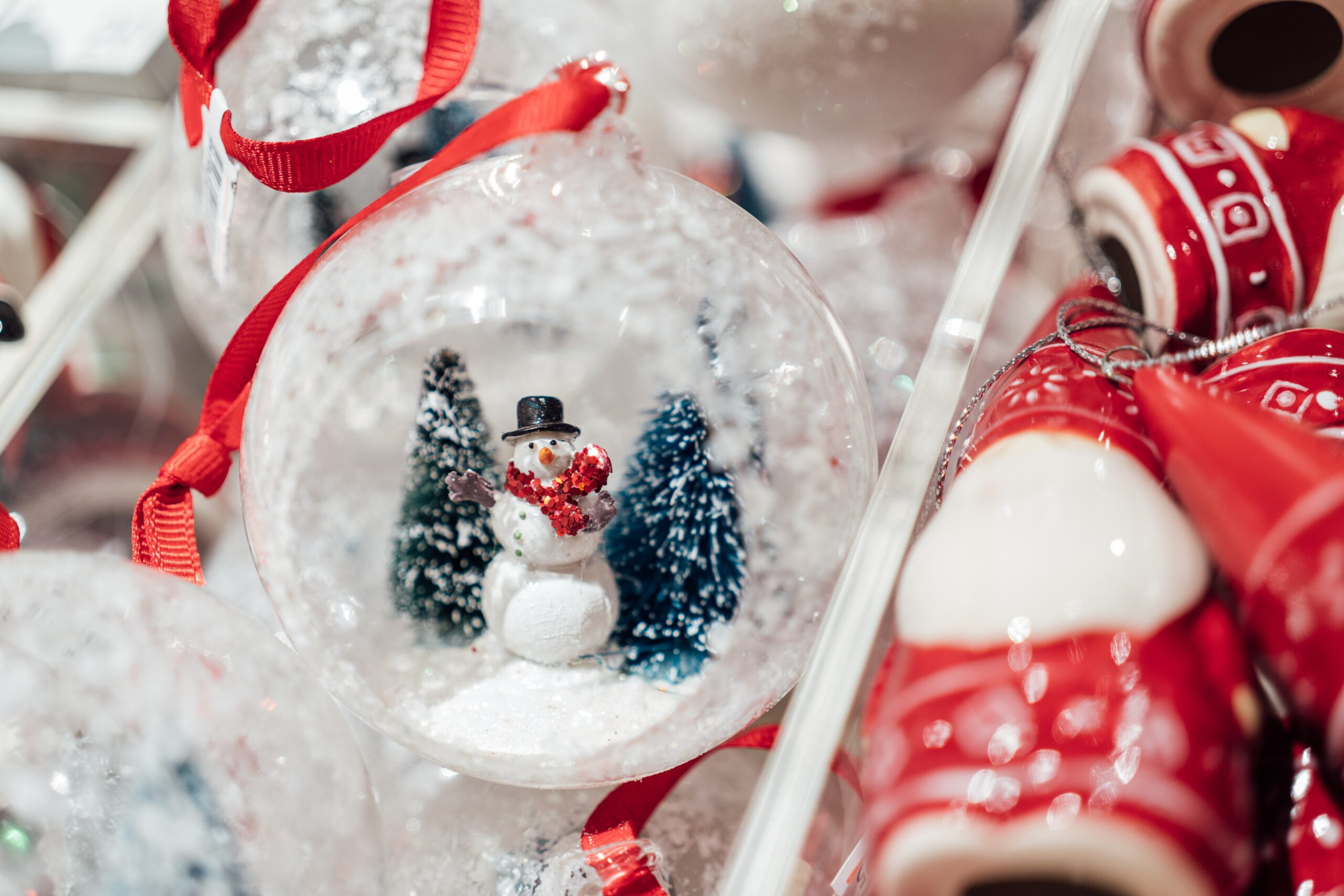(VERSÃO EM PORTUGUÊS ABAIXO)
The tradition of celebrating recurring events related to the seasons and the harvest is as old as human civilization itself. The celebration that we currently refer to as Christmas happens, not coincidentally, around the time of the winter solstice in the Northern Hemisphere, meaning it’s when we have the shortest day and longest night of the year.
Historically, winter was always a trying time for humanity, due to the difficulty in procuring, cultivating and storing food, along with the challenge of keeping warm and protected from the cold. Thus, it is no surprise that societies all around the world chose to mark this time with rituals, coming together as a community.
With the advent of Christianity, what began as a pagan holiday took on a new meaning, the celebration of the birth of Jesus Christ, as told in the bible. According to Christian religions, Jesus was born to a virgin named Mary under very humble circumstances while fleeing from the wrath of a tyrant. Jesus’s birth is central to Christian’s beliefs, and holds deep and sacred meaning to believers across the globe.
For this reason, it’s not unusual to see depictions of said birth during Christmastime, even if in more recent decades the celebration has taken on a more commercial aspect. After all, sales and shopping reach their yearly peak at this time, and a huge number of temporary workers fill positions related to keeping up with the consumer’s demands.
Christmas is arguably the most important western holiday, regardless of religious beliefs. It has taken on a cultural significance so widespread that nearly everyone celebrates this time of year in some way, be it by exchanging gifts, getting together with family members, or simply decorating.
This year, while we prepare to once again mark the 25th of December, let us all ponder on the meaning of this day not only as it is now, but as it was in the past. Also, how much it influenced humanity through the millennials of its existence, as we wish each other “Merry Christmas”. Lean about Christmas traditions in our podcast!
QUAL A ORIGEM DO NATAL?
A tradição de celebrar eventos recorrentes relacionados às estações do ano e à colheita é tão antiga quanto a própria civilização humana. A celebração que atualmente chamamos de Natal acontece, não por acaso, na época do solstício de inverno no Hemisfério Norte, ou seja, é quando temos o dia mais curto e a noite mais longa do ano.
Historicamente, o inverno sempre foi uma época difícil para a humanidade, devido à dificuldade de obtenção, cultivo e armazenamento de alimentos, além do desafio de se manter aquecido e protegido do frio. Assim, não é de estranhar que as sociedades de todo o mundo tenham escolhido marcar esta época com rituais, reunindo-se como uma comunidade.
Com o advento do cristianismo, o que começou como um feriado pagão ganhou um novo significado, a celebração do nascimento de Jesus Cristo, conforme conta a bíblia. De acordo com as religiões cristãs, Jesus nasceu de uma virgem chamada Maria em circunstâncias muito humildes enquanto fugia da ira de um tirano. O nascimento de Jesus é central para as crenças cristãs e tem um significado profundo e sagrado para os crentes em todo o mundo.
Por este motivo, não é raro ver representações do referido nascimento na época do Natal, ainda que nas décadas mais recentes a celebração tenha assumido uma vertente mais comercial. Afinal, as vendas e as compras atingem seu pico anual nessa época, e um grande número de trabalhadores temporários ocupa posições relacionadas ao atendimento das demandas do consumidor.
O Natal é indiscutivelmente o feriado ocidental mais importante, independentemente das crenças religiosas. Ela assumiu um significado cultural tão difundido que quase todo mundo comemora essa época do ano de alguma forma, seja trocando presentes, reunindo-se com familiares ou simplesmente decorando.
Este ano, enquanto nos preparamos para marcar mais uma vez o 25 de dezembro, vamos todos refletir sobre o significado deste dia não apenas como é agora, mas como foi no passado. Além disso, o quanto influenciou a humanidade ao longo dos milênios de sua existência, pois desejamos “Feliz Natal” uns aos outros. Aprenda sobre a origem do Natal no nosso podcast!
______________________________________________________________________________________________________________
Escrito por Manuela Portela, professora da Idioma Independente em Itabuna, BA.
Para contato: manuhport@gmail.com

